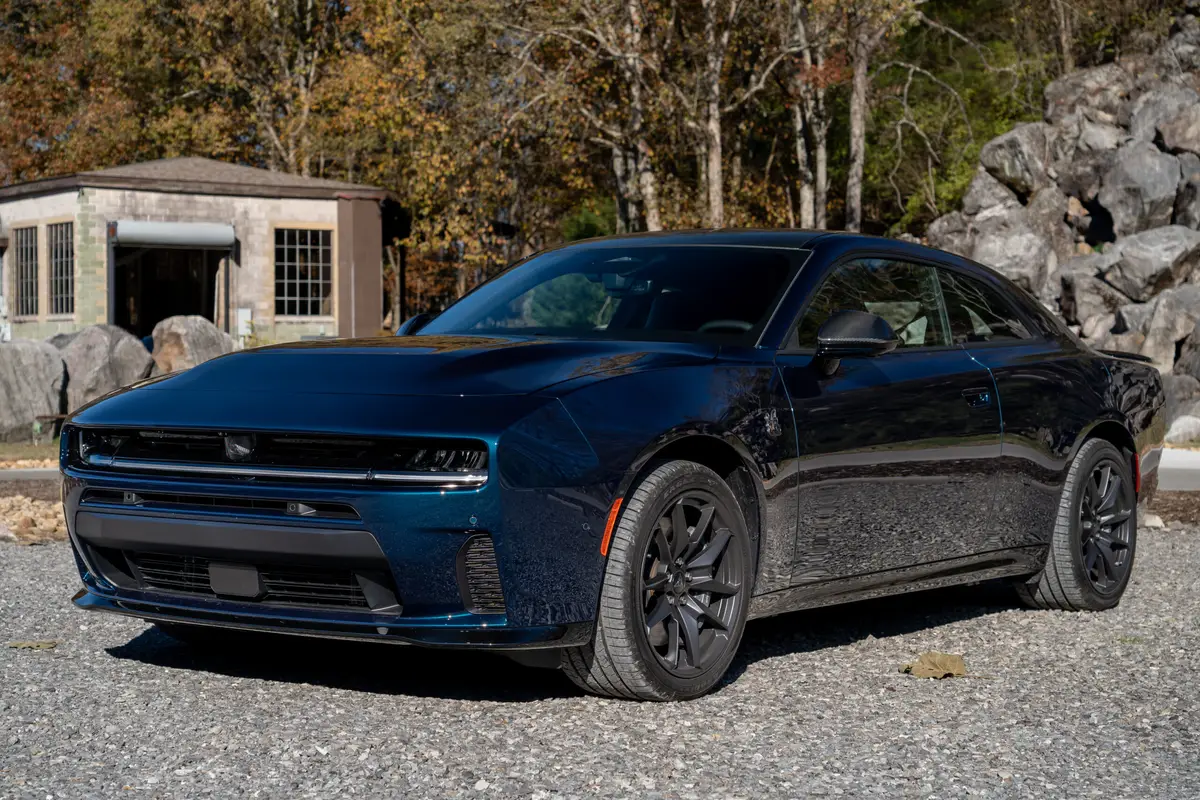Ten Cars That Won't See 2015

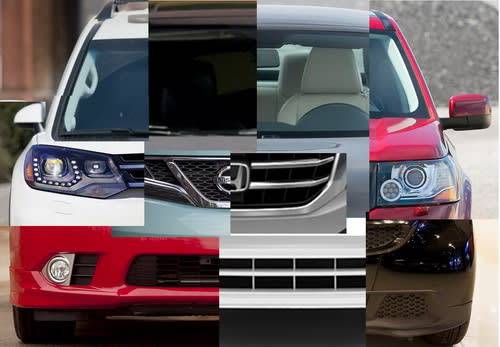
Automakers give all sorts of reasons for canceling a model. Sometimes it comes from a deliberate one-and-done cycle, as Scion often employs. Other times a car too similar to its corporate siblings — compare the ultra-luxury Maybach brand to an optioned-out Mercedes-Benz S-Class — and allowed to age without a redesign can spell doom. And some cars just plain stink: Four of our 10 Worst Cars of the 2000s sputtered out with no direct replacement.
Whatever the cause, cancellations often coincide with lackluster sales. Consider former Volvo spokesman James Hope, whose eulogy for the now-defunct S40 and V50 was short and sweet. “The S40 and V50 are great cars,” Hope said. “Our focus, however, needs to be on our [sales] volume vehicles.”
More than a dozen models were discontinued in 2013. We polled our editors to see which cars we think will meet their end next year.
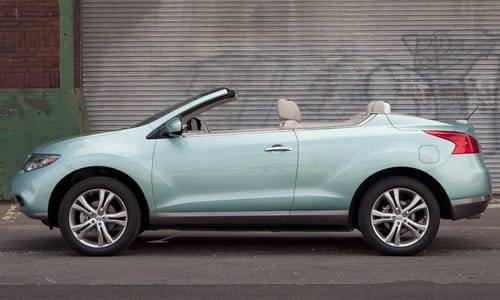
1. Nissan Murano CrossCabriolet
The bizarre-looking Nissan Murano CrossCabriolet never found its audience, even after Nissan slashed its starting price twice. It doesn’t help that the SUV-turned-convertible essentially came in one well-optioned trim that today runs $13,500 more than the base Murano. Nor do its road manners, which are anything but sporty. Nissan has sold all of 1,568 CrossCabriolets this year, so it only accounts for 3.9 percent of Murano sales. Get ready for the curtain; we think this vehicle is a one-act play.
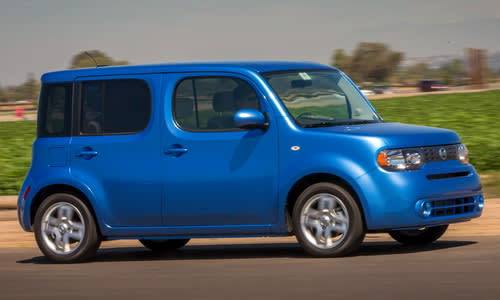
2. Nissan Cube
In its 4½ years on the market, the Cube remains an enigma. Nissan originally touted the hatchback’s “incognito canine” styling, but irony fell on the buyer. Get above city speeds, and the Cube is a dog: It handles like a skateboard, surrenders to highway crosswinds and has the passing power of a 1990s econobox. The side-hinged cargo door is anathema to parallel parking, and the once-impressive high-20s combined EPA mileage has been leapfrogged by Nissan’s cheaper, techier Versa. The Versa, in fact, outsold the Cube this year by a ratio of nearly 22-to-1. The Cube’s modish interior sports water-droplet themes in the headliner and cupholders, but the waves have run their course. This Nissan could head out to sea.
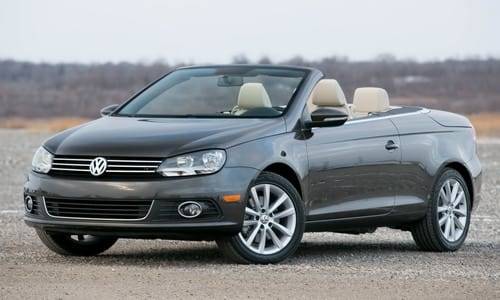
3. Volkswagen Eos
With a starting price north of $36,000, the aging Eos holds a sensible perch within Volkswagen Group’s pantheon of brands. It starts right about where the soft-top Beetle convertible maxes out, but still runs thousands less than the A5 Cabriolet from Volkswagen’s upscale Audi brand. But these days few Volkswagen shoppers take the plunge. Even after a styling refresh, sales in 2012 amounted to just 6,214 cars; through November 2013, they’re down 32.3 percent. The Beetle convertible outsells the Eos by a ratio of more than 4-to-1. Its asking price could be hard for a Volkswagen shopper to stomach — and with Audi’s forthcoming (and presumably more affordable) A3 Cabriolet, the case for an Eos becomes thinner still.
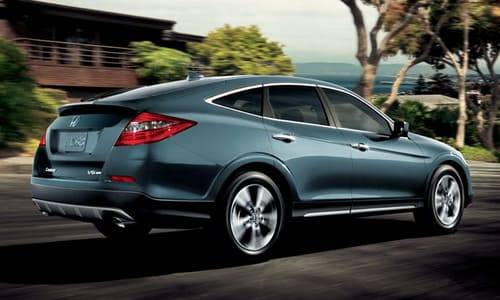
4. Honda Crosstour
While its Accord platform mate saw a stylish redesign for 2013, the unsightly Crosstour continues to earn its place alongside such eyesores as the Chevy Lumina APV and Subaru B9 Tribeca in Cars.com’s Top 10 Ugly Cars. If Honda wants to rescue the nameplate, a sweeping overhaul with more versatility, better sightlines and improved cabin quality is in order. The Crosstour did get styling tweaks and a remodeled interior for 2013, but that amounts to a hill of beans compared to the Accord’s redesign. Sales through November are down 17 percent; the end could be near.
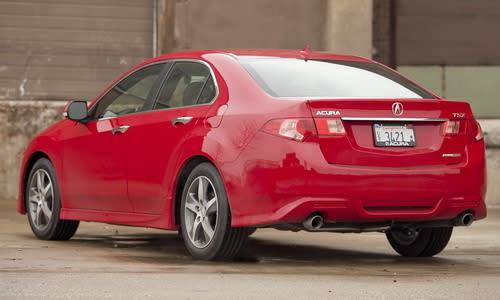
5. Acura TSX
In Honda’s Acura luxury division, the TSX formula made sense: Take an overseas version of the Accord sedan, add a few more standard features and rebadge it for stateside shoppers. Problem is, those shoppers now have the more affordable, Civic-based ILX to choose from, and that puts the squeeze between the TSX and Acura’s larger TL. Further complicating matters, the TSX with an optional V-6 overlaps TL territory — and for similar money, the TL has more features and cabin room plus better fuel economy. The ILX and TL both outsell the TSX, and Acura might weigh anchor to focus on the other two.
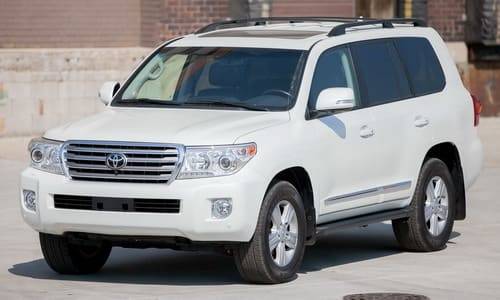
6. Toyota Land Cruiser
With a starting price damn near $80,000, the Land Cruiser flies in the high-luxury stratosphere. Yet its comatose steering, disconnected ride, still-fake wood trim and low-rent plastics would be embarrassing on an SUV that’s half this price. The Land Cruiser’s luxury sibling, the Lexus LX 570, improves on cabin quality enough to command its price. Toyota could leave the turf to its Lexus subsidiary and focus on the less-expensive Sequoia SUV, which has more room and a lower price. In fact, shoppers have bought fewer Land Cruisers this year than any other Toyota, Lexus or Scion model currently on sale. The nameplate has lots of history, but unless Toyota reboots the formula, we think it will become history.
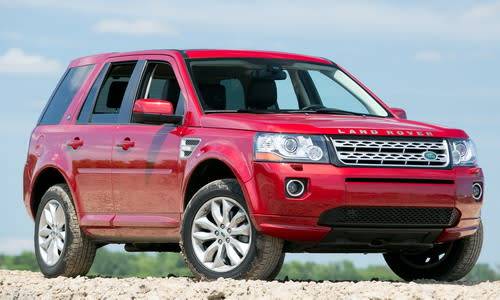
7. Land Rover LR2
We wonder where Land Rover’s least expensive SUV, the LR2, sits in the brand’s lineup. Throw on a few options, and the LR2 treads into Range Rover Evoque territory — and it’s clear Land Rover has funneled more resources toward the latter. The Evoque is a bit smaller but a lot sharper, with a chic interior and 15 percent better EPA combined fuel efficiency. The LR2, meanwhile, soldiers into its seventh model year without a redesign. Sales are all but a dribble; this is the slowest seller by a fair margin among Land Rover’s five SUVs. The brand faces a conundrum: Redesign the LR2 with the brand’s current face, and it will become all but impossible to differentiate from the Evoque. Any price increase would overlap the two completely, too. The easy solution would be to pull the plug, and Land Rover may do just that.
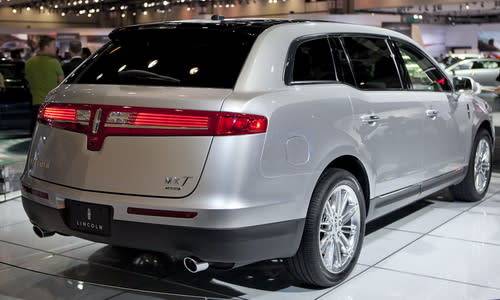
8. Lincoln MKT
The MKT joined the Crosstour and Murano CrossCabriolet as current-day denizens on our ugly-cars list. (The BMW 5 Series GT made it there, too, but BMW seems hell-bent to sell Americans on hatchbacks.) Ford’s luxury division has righted the styling ship in some areas, like the new MKC. But Lincoln still hangs by a sales thread. Through November, the Taurus sedan outsold all five Lincoln models combined. The three-row MKT shares platforms with the Ford Flex, but even those product-development savings may not be enough to rescue it. Rather, the MKT’s ticket to longevity may lay in fleet sales. A replacement for the livery-staple Town Car, the MKT could sell to limo companies for years to come. Retail sales to individual consumers, however, remain a question mark.
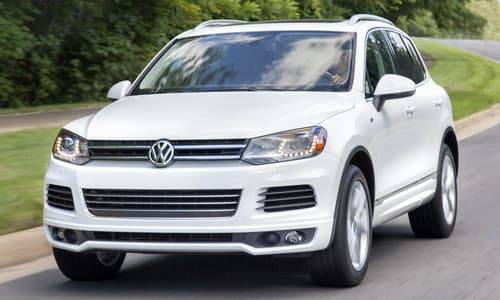
9. Volkswagen Touareg
Like the Eos, the Touareg costs a pretty penny for a Vee-Dub. It starts around $45,000 and finishes north of $60,000. At that price, the Touareg overlaps the Audi Q7 and Porsche Cayenne — both SUVs from Volkswagen Group’s upmarket Audi and Porsche subsidiaries and platform siblings with the original Touareg. The formula has rendered around 7,415 sales through November, a figure the Q7 and Cayenne both beat. Why buy a Touareg when a few thousand bucks more gets you a Cayenne? That’s a good question. Volkswagen may answer it by eliminating the choice altogether.
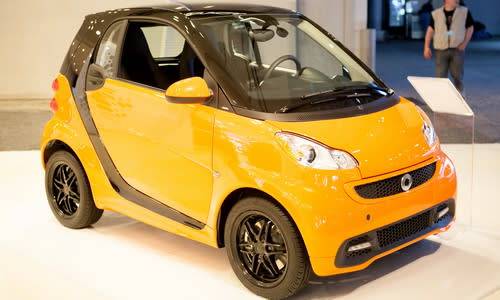
10. Smart ForTwo
Slow sales, poor drivability and unremarkable gas mileage — with premium gas! — weigh down the tiny ForTwo, which has the ignominy of topping Cars.com’s Worst Cars of the 2000s. Little has changed since, and parent company Daimler (which owns Mercedes-Benz) needs to reboot or rescind the Smart experiment. Either way, the ForTwo as we know it may not be around for long.
Related
Top 10 Most-Improved Cars from the Past 15 Years
Top 10 Most Extravagant Car Options
More Top 10s

Former Assistant Managing Editor-News Kelsey Mays likes quality, reliability, safety and practicality. But he also likes a fair price.
Featured stories
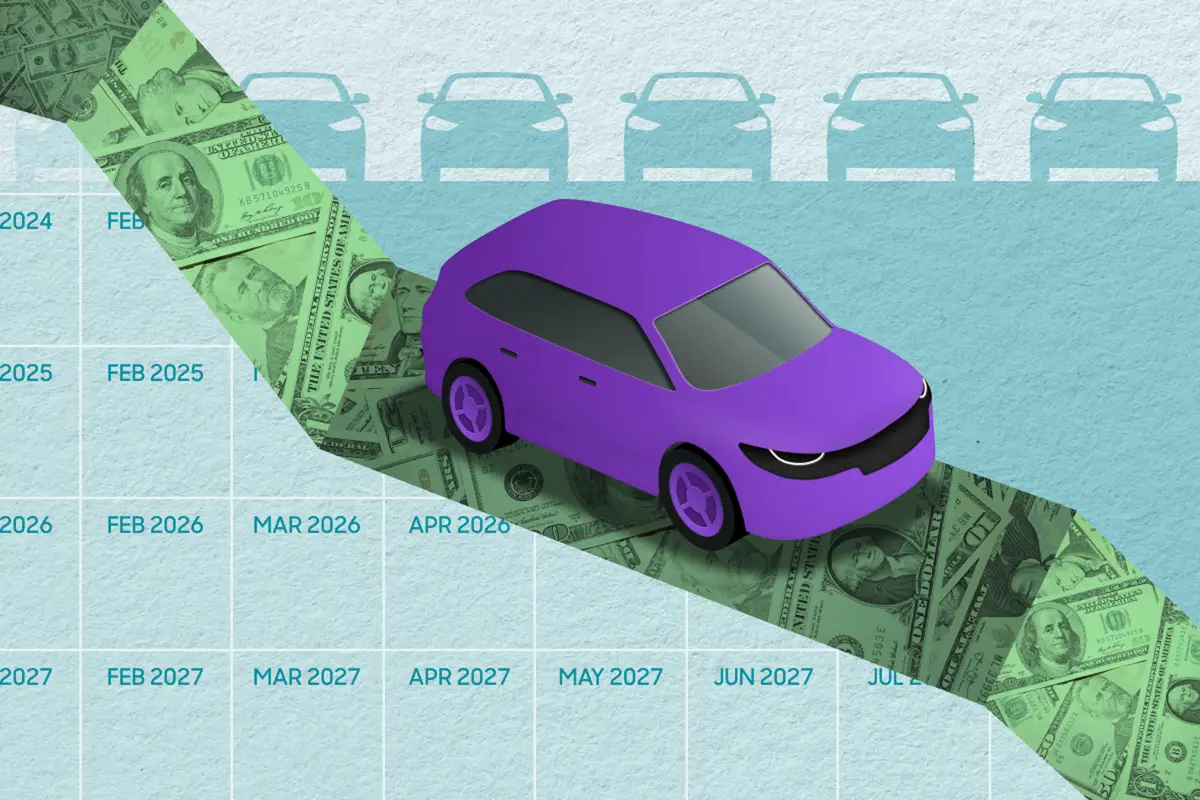
15-Year Car Loans Aren’t a Thing, But Americans Are Getting More Comfortable With Long Loan Terms
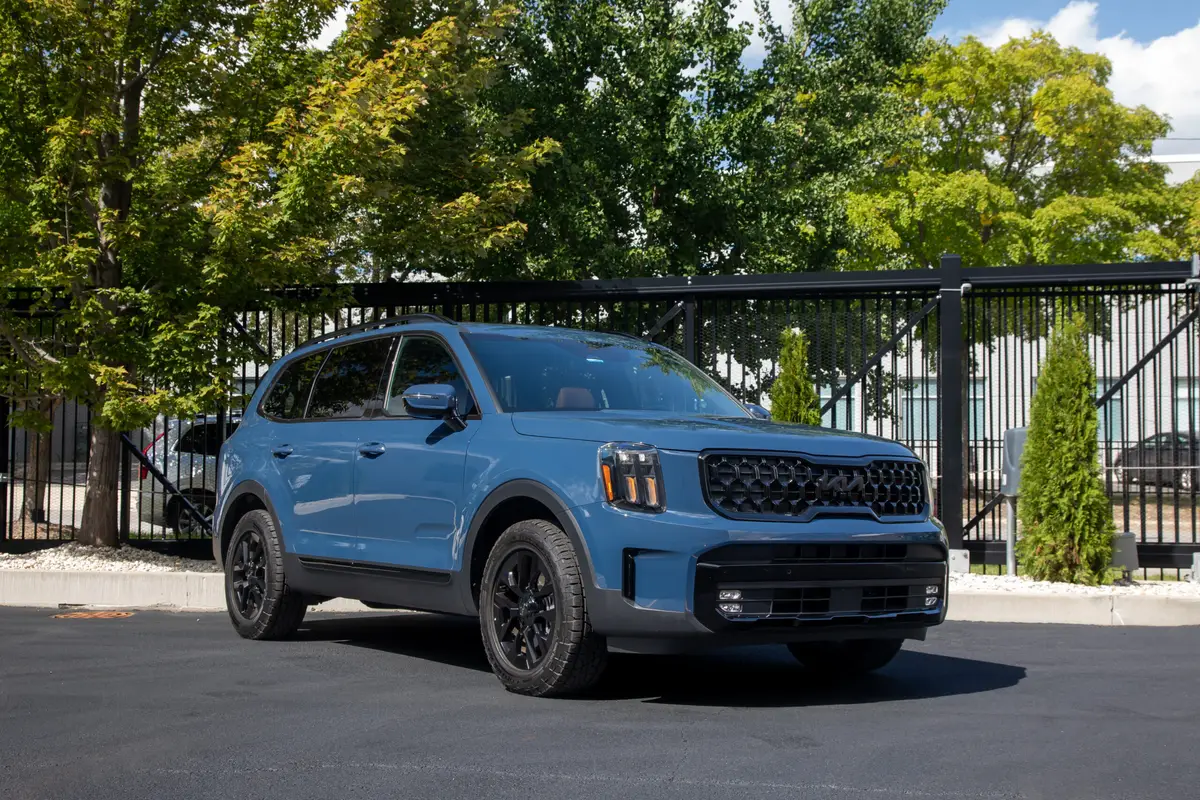
2025 Kia Telluride Review: Rougher Roads Ahead

